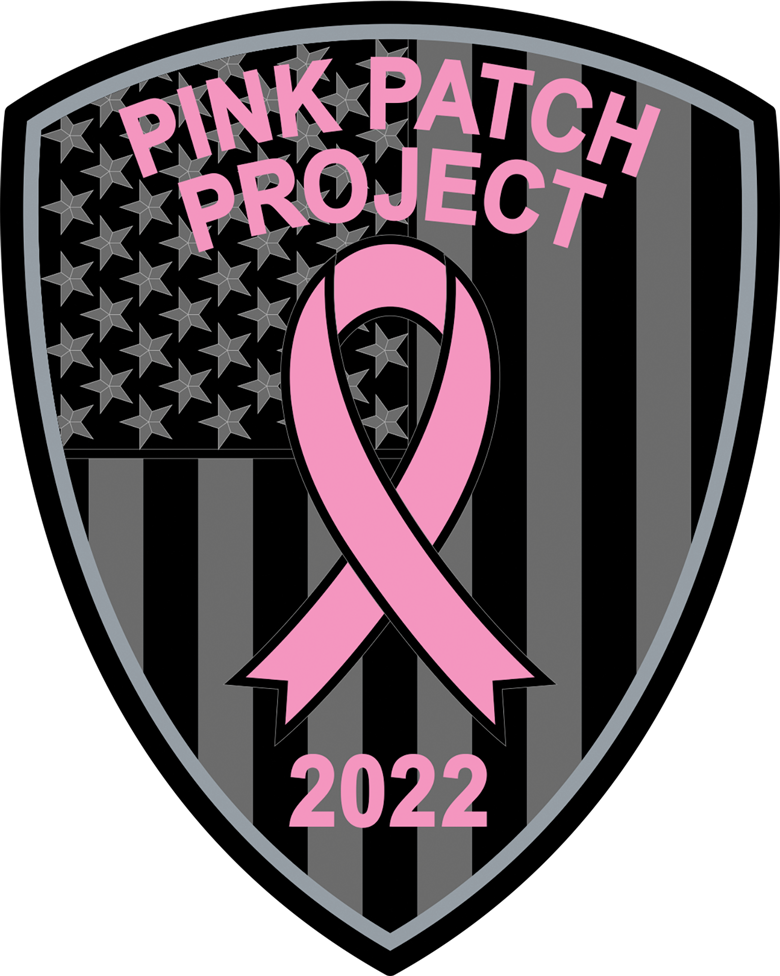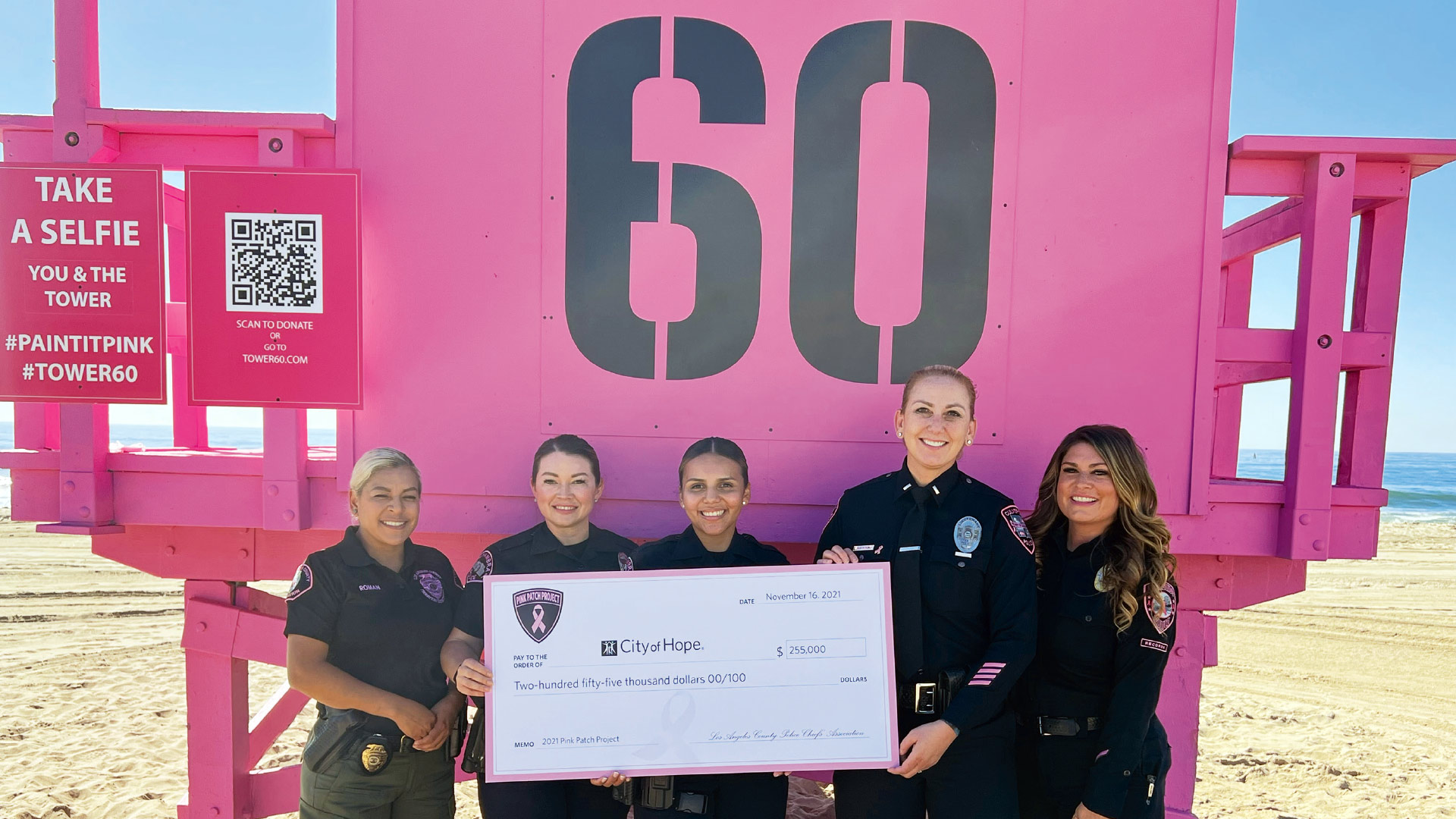Raising Awareness and Funds to Help Fight Breast Cancer
 October is Breast Cancer Awareness Month, an annual worldwide campaign to increase education and to promote regular screening and early detection of breast cancer. Breast cancer can occur in both men and women, but it is far more prevalent in women. According to the Susan G. Komen Foundation, one in eight women will be diagnosed with breast cancer in her lifetime — that’s one person every 12 minutes in the U.S. Men account for fewer than 1% of all breast cancer cases in the U.S. There is no cure for breast cancer, but it can be treated in several ways depending on the kind of cancer and how far it has spread. Over 3.8 million breast cancer survivors are alive today thanks to advances in screening, detection and treatment.
October is Breast Cancer Awareness Month, an annual worldwide campaign to increase education and to promote regular screening and early detection of breast cancer. Breast cancer can occur in both men and women, but it is far more prevalent in women. According to the Susan G. Komen Foundation, one in eight women will be diagnosed with breast cancer in her lifetime — that’s one person every 12 minutes in the U.S. Men account for fewer than 1% of all breast cancer cases in the U.S. There is no cure for breast cancer, but it can be treated in several ways depending on the kind of cancer and how far it has spread. Over 3.8 million breast cancer survivors are alive today thanks to advances in screening, detection and treatment.
Throughout October, organizations worldwide hold various initiatives aimed at increasing public awareness about breast cancer. In the law enforcement and first responder community, many public safety agencies participate in the Pink Patch Project, a campaign that sheds light on the ongoing fight against breast cancer and supports breast cancer research organizations.
The Pink Patch Project originated from an initiative started by the Seal Beach Police Department in 2013. Department members donned a vibrant pink version of their agency’s patch on their uniforms throughout Breast Cancer Awareness Month, with the goal of stimulating conversation with the public and building community awareness. In 2015, the Irwindale Police Department, led by Chief Anthony Miranda, adopted the idea and sold its pink patch to the community, raising more than $20,000 for City of Hope, one of the nation’s largest cancer research and treatment centers. Miranda then took the idea to the Los Angeles County Police Chiefs’ Association (LACPCA), and 25 local agencies came on board. From there, the program took off, transforming into a collaborative effort between LACPCA and several hundred police, sheriffs’, fire, emergency medical services and federal agencies in Los Angeles County and beyond.
Police Assistant II Amy McDaniel of the El Segundo Police Department, who helps run the program, joined the Pink Patch Project a year after it was created and witnessed its immense growth firsthand. “I knew this could be something so much larger than what it was. I had a vision of expanding us not just statewide, but nationwide,” she recalls. To help get the word out, McDaniel volunteered at an IACP Conference in Chicago and reached out to chiefs in other countries to discuss the program.
“A few short months later, we were international!” she says. “When I started, there were about 100 agencies. As of today, we have 806, including in France, Canada and Spain.”
Agencies that participate in the program not only sell their pink patches to their communities, but also raise funds through the sale of Pink Patch Project T-shirts, challenge coins, stickers, dog tags and other items. Proceeds from the sale of patches and other commemorative items go toward breast cancer education, research and treatment at various hospitals and cancer research organizations throughout the country. So far, 900,000 patches have been sold and $1,655,000 has been raised through the initiative.
McDaniel says the objective of the program each year is to raise more money than the previous year, and so far, it has been able to meet that goal. This year, many agencies will be doubling down on their fundraising after having to rein in their efforts over the past two years because of the pandemic. And people are excited to see the program return to their communities in full force. “The community wants to help. They look forward to new designs of patches, new designs of T-shirts and how they can help spread the word,” she says. “I have many of my community members who reach out asking how they can volunteer and help spread the word about our initiative.”
McDaniel notes that the Pink Patch Project is an important community outreach program that has a profound impact and should be considered by every agency. “Each agency gets us one step closer to finding a cure. Every agency produces more awareness. Every agency has the power and ability to run their own program and make a difference,” she says.
For information on how to get the Pink Patch Project involved in your agency, please contact Amy McDaniel at info@pinkpatchproject.com.
SOURCES
Centers for Disease Control and Prevention, Division of Cancer Prevention
and Control: tinyurl.com/2tm9ycfm
Mayo Clinic: tinyurl.com/2s8xmr5c
National Breast Cancer Foundation, Inc.: nationalbreastcancer.org
Susan G. Komen Foundation: komen.org


